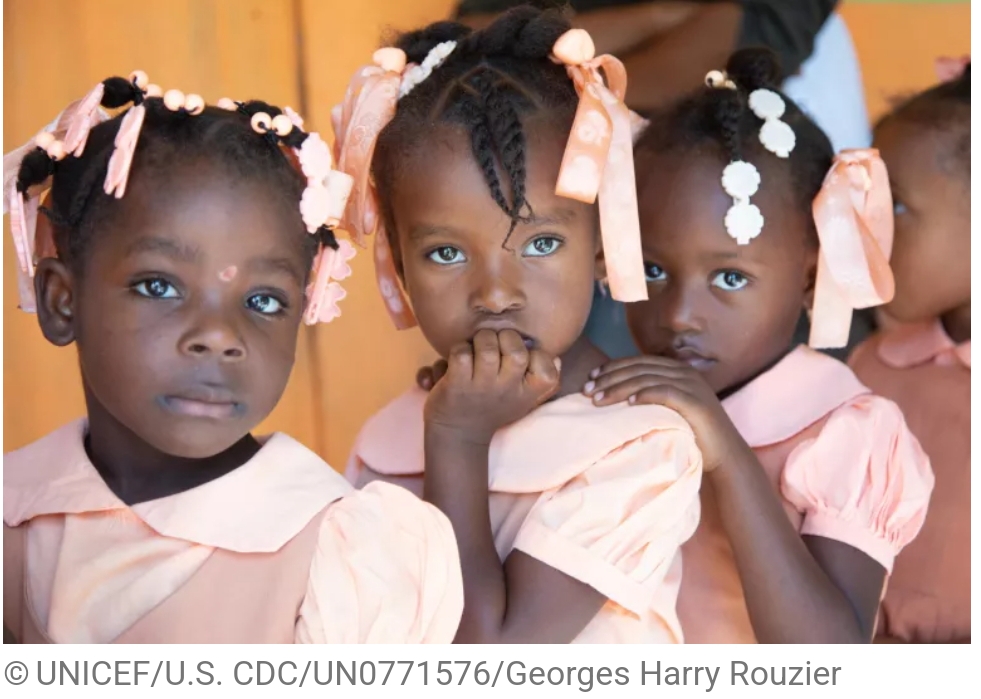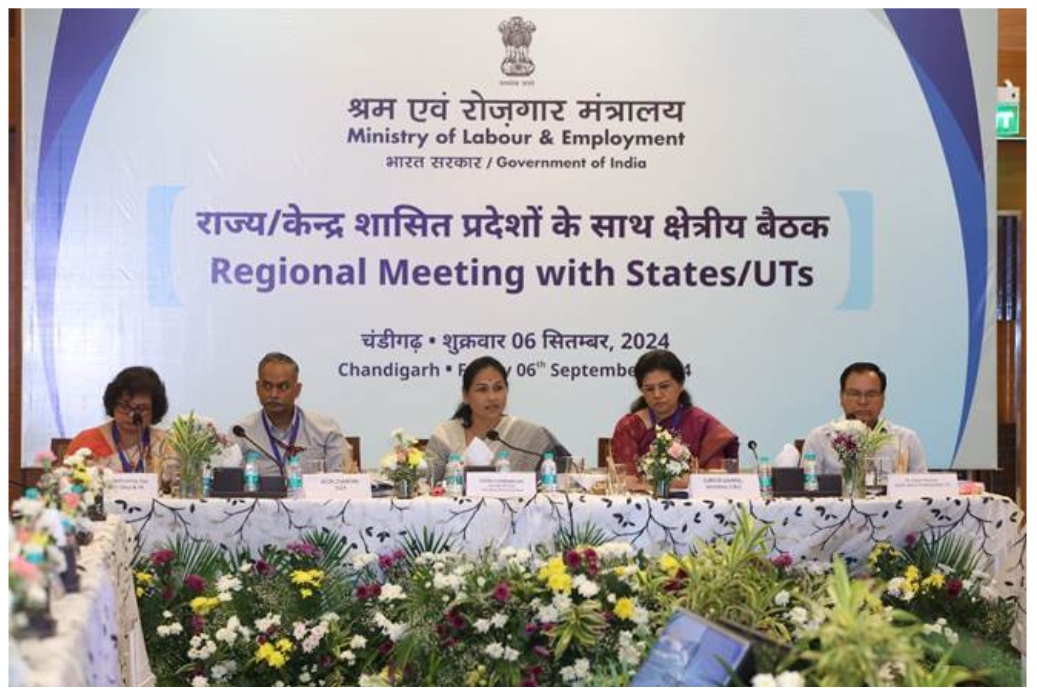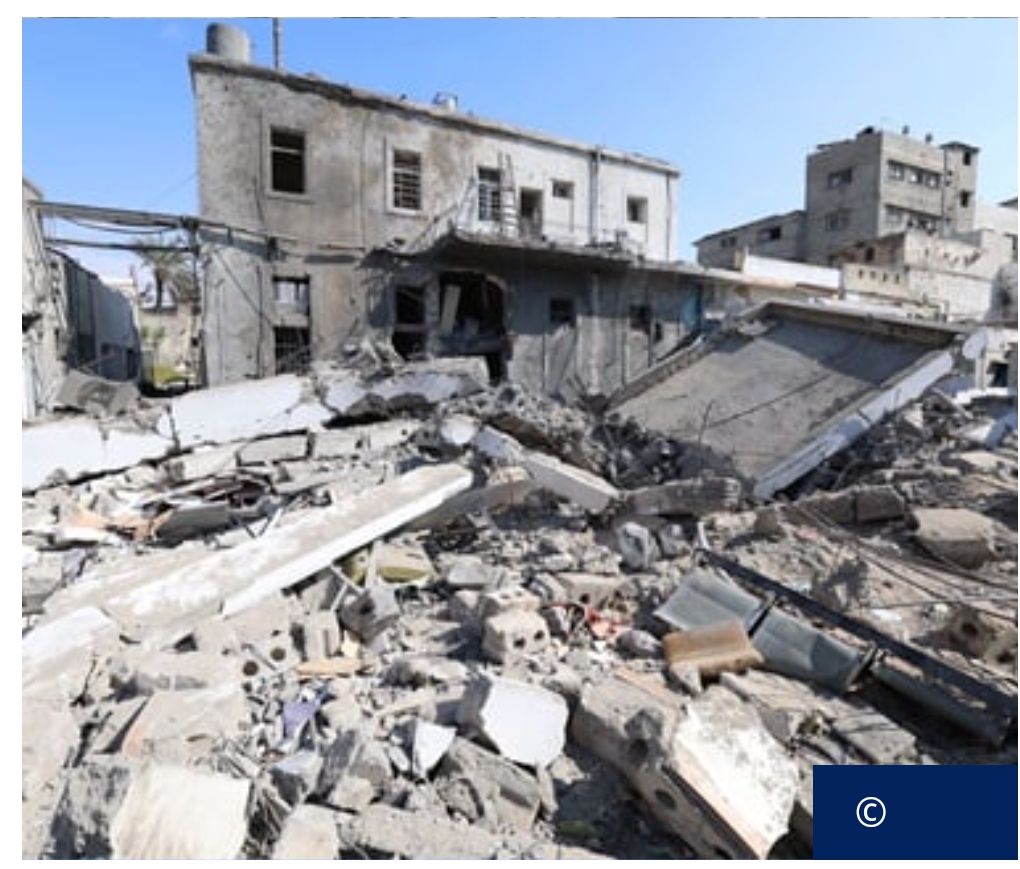Over One Million Children in Haiti Facing Emergency Hunger Crisis, UNICEF Warns.
Port-au-Prince:
More than one million children in Haiti are now facing emergency levels of food insecurity as the country teeters on the brink of famine, according to a stark warning from UNICEF. The situation has been exacerbated by a toxic combination of escalating armed violence, widespread displacement, and a collapsing economy that has left families struggling to survive.
The latest figures from the Integrated Food Security Phase Classification (IPC), released this week, reveal that 2.85 million children — a quarter of Haiti’s entire child population — are now living with dangerously high levels of food insecurity. Among them, at least one million children are experiencing emergency-level hunger, with many at imminent risk of malnutrition and starvation.
“We are looking at a scenario where parents can no longer provide care and nutrition to their children as a result of ongoing violence, extreme poverty, and a persistent economic crisis,” said Geeta Narayan, UNICEF Representative in Haiti. “Life-saving actions, such as screening children at risk for wasting and stunting, and ensuring malnourished children have access to therapeutic treatment, are needed now to save children’s lives.”
Health System Under Collapse
The humanitarian crisis is compounded by the collapse of the public health system. In the capital city of Port-au-Prince, fewer than half of health facilities remain fully operational, and two of the three largest public hospitals are completely out of service. This breakdown in health services severely limits access to essential medical care and nutrition support, especially for children already suffering from acute malnutrition.
As of early 2025, approximately 8,400 people are estimated to be facing famine-like conditions across the country. The disruption of health services is putting children at even greater risk of preventable diseases, stunting, and death.
Violence Restricts Access to Food and Aid
In many parts of Haiti, particularly in gang-controlled areas, ongoing armed violence has effectively cut off families from access to food markets and humanitarian aid. These restrictions are intensifying the crisis and making it nearly impossible for many organizations to deliver life-saving assistance to the most vulnerable populations.
UNICEF’s Strained Response
Despite the overwhelming need, UNICEF is facing a critical shortfall in funding. Its nutrition programme under the Humanitarian Action for Children appeal is currently operating with a 70% funding gap, severely limiting its ability to scale up interventions.
So far in 2025, UNICEF and its partners have managed to treat only 4,600 children with severe acute malnutrition — a mere 3.6% of the 129,000 children projected to need emergency treatment this year.
UNICEF is urgently calling on the international community and donors to act immediately to avert a full-scale famine and protect the future of Haiti’s children.
“The window to prevent a catastrophe is closing fast,” said Narayan. “If we do not receive the support needed, more children will die from causes that are entirely preventable.”




